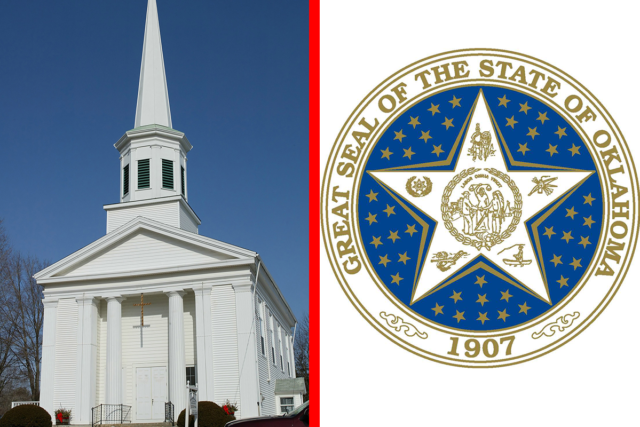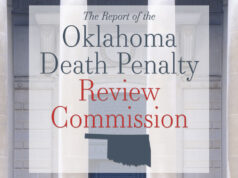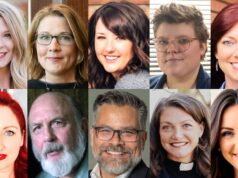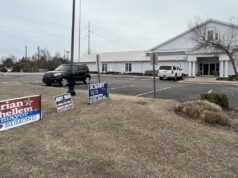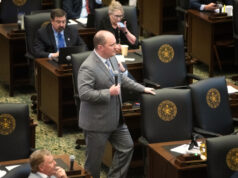
(Editor’s Note: NonDoc believes in creating a responsible forum for the rational and respectful discussion of topics and ideas. As such, we run Letters to the Editors of 300 words and reserve the right to edit lightly for style and grammar. To submit a letter for potential publication, please write to letters@nondoc.com.)
To the editors:
This November, Oklahoma voters will be presented State Question 790. SQ 790 asks voters to either approve or disapprove the repeal of Article 2, Section 5 of the Oklahoma Constitution. That particular section of our state’s “organic law” (as Constitutional provisions are known in the legal world) reads, in its entirety, as follows:
No public money or property shall ever be appropriated, applied, donated, or used, directly or indirectly, for the use, benefit, or support of any sect, church, denomination, or system of religion, or for the use, benefit, or support of any priest, preacher, minister, or other religious teacher or dignitary, or sectarian institution as such.
This section is part of Oklahoma’s Bill of Rights, adopted by the Oklahoma Constitutional Convention in 1907. A yes vote to repeal this fundamental principle of our government would fly in the face of what our state’s founding leaders — political and religious — envisioned for our people.
‘One of the wisest provisions’
In his book, A history of the constitutional convention of the state of Oklahoma, second vice president of the constitutional convention Albert Ellis wrote about the importance of this article all the way back in 1923:
This is one of the wisest provisions of our organic law. If there should ever be a demand by any ecclesiastical body that any part or portion of the public funds or any public property, be diverted to the use or benefit of any church or denomination or any of its servants, or for the support of any religious institution, as such; this section will be found to be one of the safest of our safeguards.
Likewise, Rev. J.M. Tressenriter, as a representative of the clergy at the constitutional convention, also recognized the safeguard’s benefit in Section 5 to both church and state. Ellis quotes him as saying:
Our taxes are for special purposes, therefore they may not be diverted to the fostering of the church. … Not only so but it would detrimental and demoralizing to the Church in that it would make it a political institution, whereas Christianity represented by the church stands on a much higher plane than does present day politics.
No. Domination of the Church by a political machine would be to hang a millstone about the neck of the Church that would inevitadly [sic] drown it in the stew of politics.
The people of this state should see to it well that this particular section in Oklahoma’s Bill of Rights is never emasculated or nullified by any future convention …
The insightful commentary expressed by Mr. Ellis and Rev. Tressenriter holds true today. Vote “NO” on SQ 790.
Sincerely,
George McBee
Poteau, Okla.
(Editor’s Note: George McBee is the father of NonDoc managing editor Josh McBee.)









